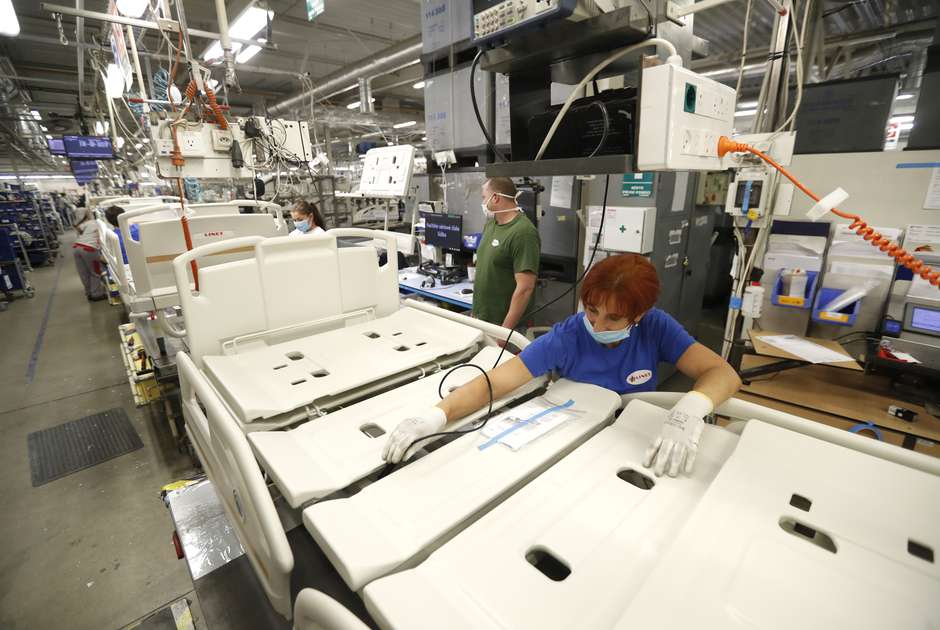Is the Minister of Science, Technology and Telecommunications for the country of Costa Rica and has served in this role since June 1st, 2020.
Dr. Vega-Castillo was previously Deputy Minister of Science and Technology and also served as Vice President for Research and Outreach in the Instituto Tecnológico de Costa Rica (ITCR) where she promoted the strengthening of research and outreach, and linkages with the national and international sector for increasing the scientific publication and patents.
Dr. Vega-Castillo has a degree in Electronic Engineering from the ITCR and graduated with a PhD. in Microelectronics and Microsystems at Technische Universität Hamburg-Harburg (TUHH).
We discuss the Costa-Rica National Bio-Economy Strategy — An initiative that has a knowledge-based, green, resilient, and competitive economy as its model and which also proposes the application of the principles of a circular bio-economy and the de-carbonization of production and consumption processes.






